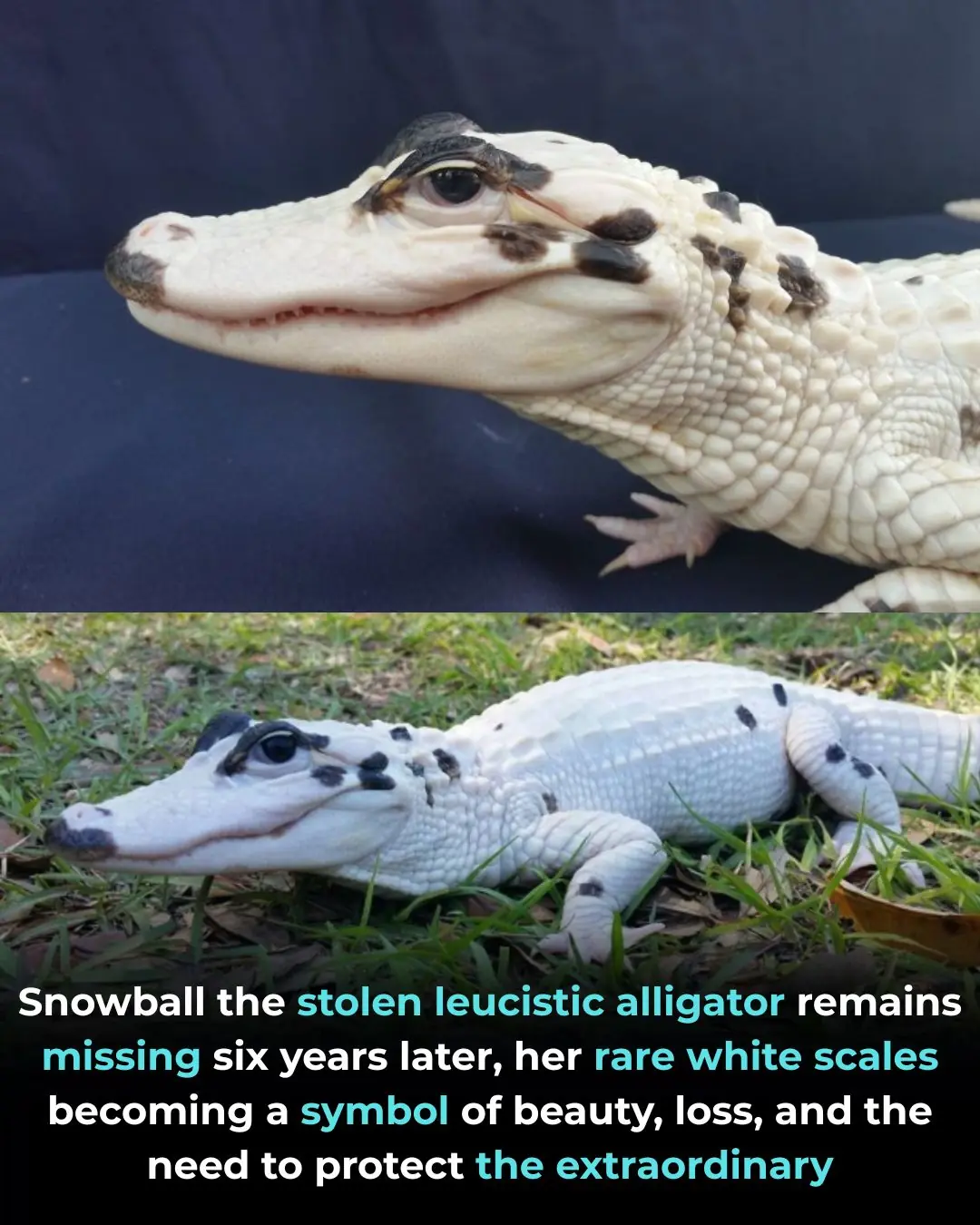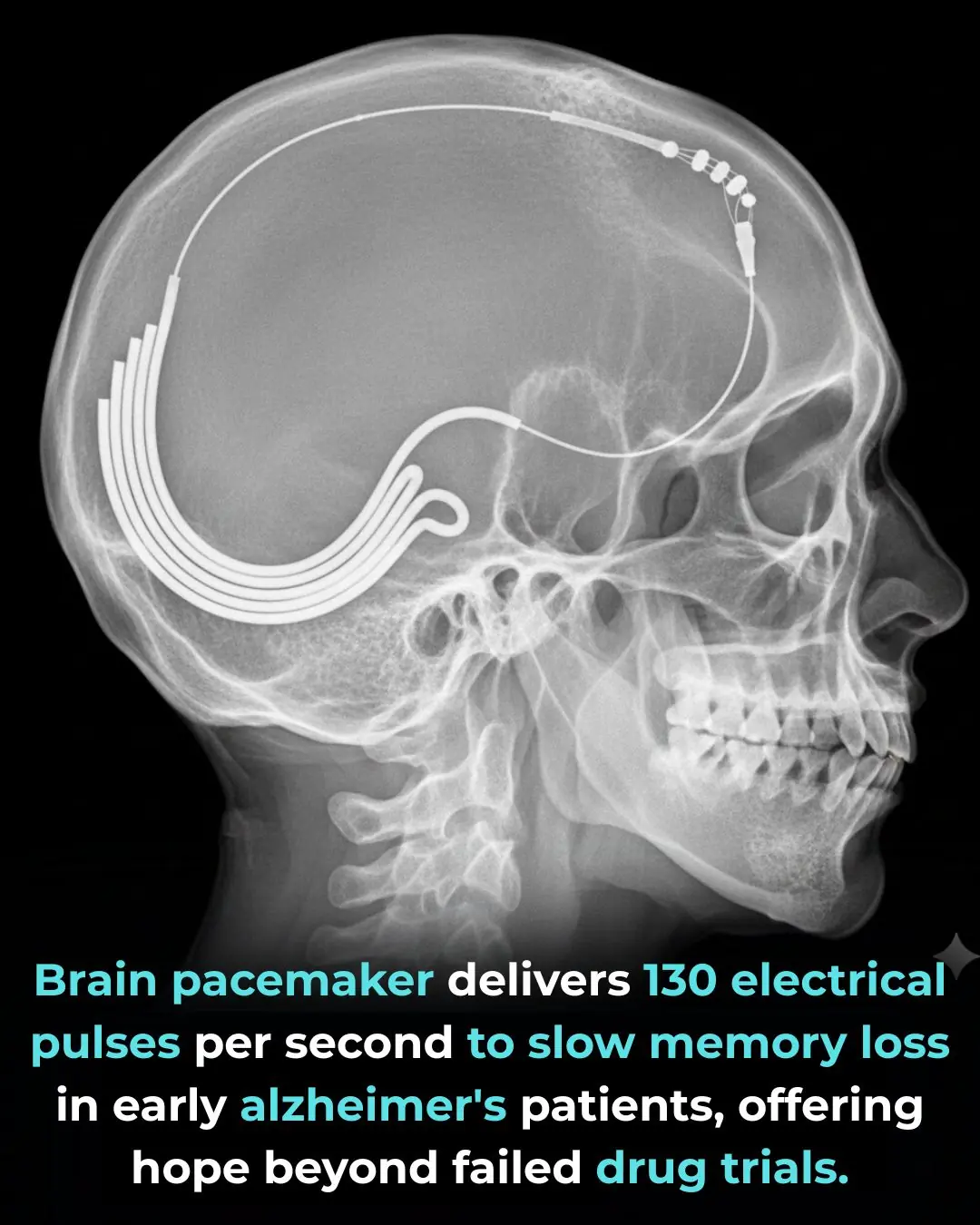
Science Finally Clarifies Which Parent Children Inherit Intelligence From
For generations, the question of where intelligence comes from has sparked curiosity, debate, and even family pride. Is it inherited from the mother or the father? Or is it shaped entirely by environment and upbringing? While intelligence is a complex trait influenced by multiple factors, modern science has provided compelling evidence that genetics—specifically from the mother—plays a significant role in determining a child’s intelligence.
The Role of Genetics in Intelligence
Intelligence is a polygenic trait, meaning it’s influenced by many different genes working together. But not all genes are created equal when it comes to how they are inherited. Researchers studying genetics have found that certain genes behave differently depending on whether they are inherited from the mother or the father. These are called “conditioned genes.”
Interestingly, many of the genes related to cognitive functions appear to be located on the X chromosome—of which women have two copies and men only have one. Because mothers contribute two X chromosomes (compared to only one from fathers), children are more likely to inherit intelligence-related genes from their mothers.

What the Research Says
One of the most cited studies on this subject comes from the Medical Research Council Social and Public Health Sciences Unit in Glasgow, Scotland. Researchers followed over 12,000 young people aged 14 to 22 and assessed various factors that could influence intelligence, including genetics, socio-economic status, and education. The results showed that the best predictor of a child’s intelligence was the mother’s IQ.
Other studies using animal models have supported this finding. For instance, researchers who manipulated mouse genes discovered that when intelligence-related genes from the mother were altered, the offspring’s brain development was significantly affected. But when the same genes were inherited from the father, the impact was minimal or non-existent.
But It’s Not Just Genetics
While these studies suggest a strong maternal link to intelligence, it's important to emphasize that genetics is only part of the story. Intelligence is also shaped by environment, education, nutrition, emotional support, and life experiences. The way a child is raised, the resources they’re given, and the emotional bond they have with caregivers all play a critical role in cognitive development.
It’s also worth noting that fathers contribute in many other significant ways. Emotional intelligence, resilience, creativity, and problem-solving skills are also heavily influenced by nurturing environments and parental involvement—regardless of gender.
The Role of the Mother Beyond Genetics
Biologically, mothers often serve as the primary environment for brain development during pregnancy. Factors like prenatal nutrition, stress levels, and exposure to toxins can affect a baby's cognitive function long before birth. After birth, mothers are also more likely to be the primary caregivers in many cultures, meaning they provide the early stimulation and bonding crucial for healthy brain development.
These environmental and emotional contributions, combined with the genetic inheritance of intelligence-related genes, help explain why maternal influence on intelligence may be stronger.
Final Thoughts
So, does intelligence come from your mom? Science says yes—mostly. Thanks to the way intelligence genes are carried on the X chromosome and activated in the brain, children are more likely to inherit their cognitive abilities from their mothers. However, this doesn't mean fathers have no impact. Genetics is only half the equation; the environment in which a child is raised, and the love, support, and stimulation they receive from both parents, is equally vital.
At the end of the day, whether you're a mom or a dad, the best thing you can do for your child’s brain is to provide a nurturing, intellectually engaging, and emotionally supportive environment. Intelligence may start with genes, but it grows with care.
News in the same category


How to Grow Rosemary Abundantly at Home: Your Aromatic, Memory-Supportive Garden Ally

Blood pressure creeping up? 10 natural fixes before meds

🫁 The Real Causes of Constant Phlegm and Mucus in Throat — And How to Get Rid of It

The Hidden Danger on Your Fruit — and the Simple Method That Can Make It Safer

5 Signs Your Lungs are Being Exposed to Mold

How Cancer Spreads Through The Lymphatic System (And How To Keep It Healthy)

This tasty recipe drops blood pressure by massive amounts naturally

The #1 enemy of your thyroid: stop eating this food immediately!

First Three Colors You See Reveals What’s Really Bothering You

Hotel Workers Reveal What Goes On

Understanding Phlegm: Why It Builds Up and How to Naturally Reduce It
![Reduce Foot And Ankle Swelling [Top 9 Causes]](https://onplusnewscom.8cache.com/onplusnewscom/images/2025/12/13/1765633594jVo6Fro3lO.webp)
Reduce Foot And Ankle Swelling [Top 9 Causes]

5 early signs of poor circulation & how to boost blood flow

Foods to Eat When You’re Sick: Nutritional Support for Faster Recovery

Strange Body Symptoms Explained: What Your Body May Be Telling You

Understanding Magnesium: Types, Symptoms, and Scientific Support

Herbal Balms You Should Keep at Home: Traditional Uses and Scientific Perspectives

How to flush sugar out of your body fast

Bronchiectasis: Symptoms Most People Overlook
News Post

5 Ancient Ayurvedic Remedies That May Help Cleanse Clogged Arteries Naturally

Bee Venom Shows Promise in Destroying Aggressive Breast Cancer Cells in Under 60 Minutes

Dog Swept Away by Typhoon Floods in the Philippines Miraculously Finds His Way Home After Two Weeks

China Tests Jumbo-Sized Hypersonic Jet Reaching Mach 6.5, Redefining Ultra-Fast Air Travel

How to Grow Rosemary Abundantly at Home: Your Aromatic, Memory-Supportive Garden Ally

Blood pressure creeping up? 10 natural fixes before meds

What does it symbolize when a person who passed away appears in your dream

Snowball the Leucistic Alligator: A Rare Living Wonder Lost to Human Greed

Scientists Identify a Low-Cost, Widely Available Antidote That Could Reduce Cobra Venom Damage

China Uncovers a “Supergiant” Gold Deposit in Hunan, Potentially Reshaping Global Supply

Brain Pacemakers and Alzheimer’s: How Deep Brain Stimulation Could Slow Memory Loss

Your Breath Is a Biometric Signature: How Breathing Patterns Can Identify Individuals and Reveal Mental Health Clues

Tree-Climbing Crocodiles: New Research Redefines What We Know About Ancient Predators

Revolutionary Microneedle Patch Offers Hope for Natural Tooth Regrowth

Revolutionizing Communication: Danny Manu's Mymanu CLIK Breaks Language Barriers Worldwide

🫁 The Real Causes of Constant Phlegm and Mucus in Throat — And How to Get Rid of It

The Hidden Danger on Your Fruit — and the Simple Method That Can Make It Safer

The Secrets Your Thumb Shape Reveals

5 Signs Your Lungs are Being Exposed to Mold
